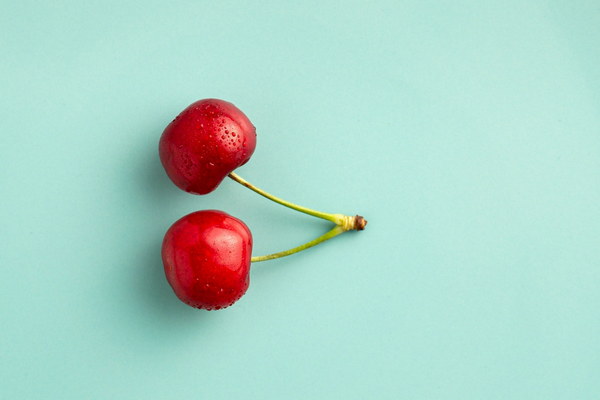Nature's Medicine How Traditional Chinese Herbs Balance Your Body and Mind
In a world where modern medicine has become the go-to solution for most health issues, it's easy to overlook the timeless wisdom of traditional Chinese medicine (TCM). For centuries, Chinese herbal remedies have been used to restore balance and promote overall well-being. This article explores the benefits of using common Chinese herbs to tune up your body and mind.

Traditional Chinese medicine is based on the principle of Yin and Yang, which is the belief that all things are composed of two complementary forces that are in a constant state of flux. When these forces are balanced, the body is healthy; when they are imbalanced, illness occurs. Chinese herbs are chosen to either reinforce the Yin or Yang, or to harmonize the two.
Here's a look at some common Chinese herbs and their benefits:
1. Ginseng (Panax ginseng)
Ginseng is one of the most well-known Chinese herbs, and for good reason. It is believed to boost the immune system, enhance energy levels, and improve mental clarity. This herb is often used to combat fatigue and stress.
2. Astragalus (Astragalus membranaceus)
Astragalus is another immune-boosting herb that can help fight off colds and flus. It is also used to treat chronic fatigue, respiratory infections, and allergies.
3. Green Tea (Camellia sinensis)
Green tea is not only a delicious drink, but it also has numerous health benefits. It is rich in antioxidants that can help protect the body from cell damage and reduce the risk of cancer. Green tea is also known to boost metabolism, improve cardiovascular health, and lower cholesterol.
4. Goji Berries (Lycium barbarum)
Goji berries are a superfood that is packed with nutrients and antioxidants. They are believed to improve vision, boost the immune system, and promote longevity. Goji berries are also known to enhance sexual function and reduce the risk of heart disease.
5. Turmeric (Curcuma longa)
Turmeric is a spice commonly used in Indian cuisine, but it also has medicinal properties. Curcumin, the active ingredient in turmeric, has anti-inflammatory and antioxidant effects. It is used to treat arthritis, improve brain function, and reduce the risk of cancer.
6. Schisandra (Schisandra chinensis)
Schisandra is an adaptogen that helps the body cope with stress. It is believed to improve cognitive function, enhance energy levels, and promote a sense of well-being.
7. Peony (Paeonia lactiflora)
Peony is a herb that is used to treat menstrual disorders, menopausal symptoms, and pain. It has anti-inflammatory and analgesic properties, and is also known to improve circulation.
How to use Chinese herbs
Before starting any herbal regimen, it's important to consult with a qualified TCM practitioner. They can provide personalized advice based on your specific needs and health conditions.
Chinese herbs can be taken in various forms, including teas, powders, capsules, and tinctures. The dosage and frequency of use will depend on the herb and your individual circumstances.
It's important to note that while Chinese herbs can be a valuable addition to your health regimen, they are not a substitute for conventional medical treatment. Always seek the advice of a healthcare professional before starting any new treatment.
Conclusion
Traditional Chinese medicine offers a natural and holistic approach to health and wellness. By using common Chinese herbs to balance your body and mind, you can enjoy the benefits of this ancient practice. With the guidance of a qualified TCM practitioner, you can explore the world of Chinese herbs and discover the perfect remedy for your needs.









